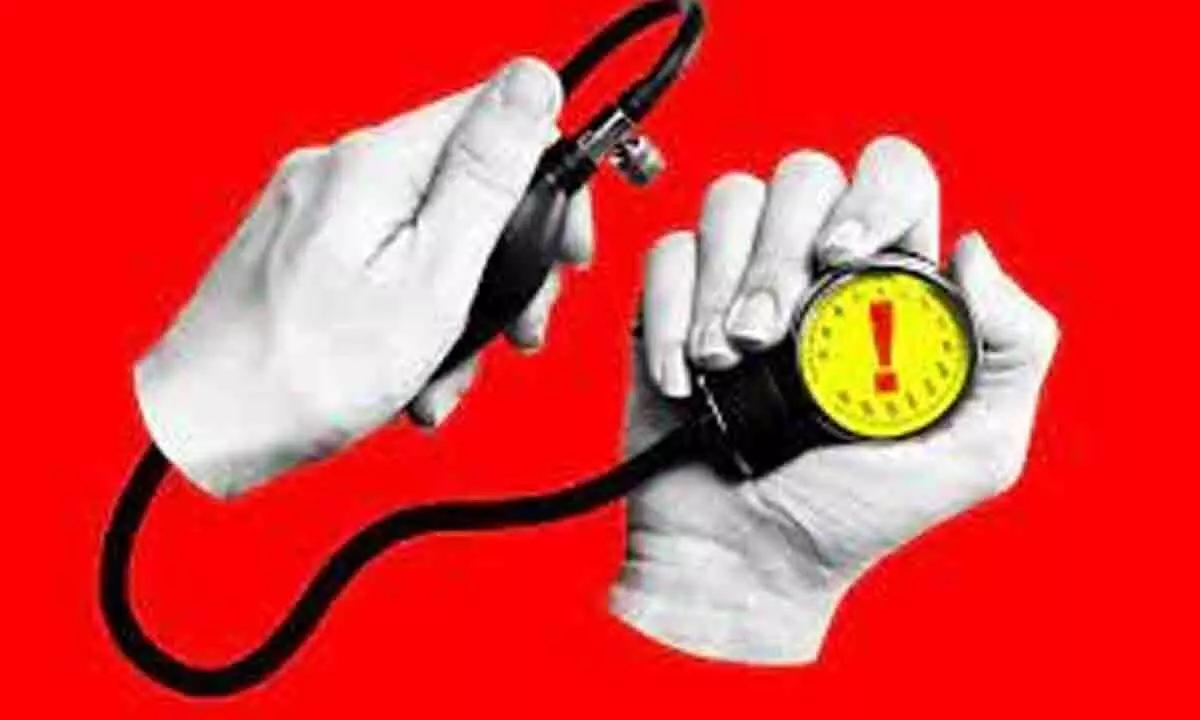New Delhi: India lags behind in treatment of hypertension

About 4 out of every 5 people having hypertension are not adequately treated, according to a new report by the World Health Organisation (WHO).
New Delhi : About 4 out of every 5 people having hypertension are not adequately treated, according to a new report by the World Health Organisation (WHO).
Nearly 76 million hypertension-related deaths could be averted between now and 2050, if countries scaled up treatment coverage, the report detailing devastating impacts of hypertension said. The improved coverage could further prevent 120 million strokes, 79 million heart attacks, and 17 million cases of heart failure in the same time period, the report said.
Affecting 1 in 3 adults worldwide, hypertension, or high blood pressure, is often referred to as a “silent killer”. “(This is because) its symptoms are often unnoticeable until it has already caused significant damage to the heart, blood vessels, and other organs,” said Ajay Kaul, chairman of Cardiac Sciences, Fortis Hospital Noida.
The report said that people living with hypertension - blood pressure of 140/90 mmHg or higher or taking medication for hypertension - doubled between 1990 and 2019, from 650 million to 1.3 billion. It went on to say that nearly half of people with hypertension globally are currently unaware of their condition, with more than three-quarters of adults with hypertension living in low- and middle-income countries.
“People may have high blood pressure for years without knowing it, which can lead to serious health complications such as heart disease, stroke, kidney damage, and more,” said Kaul. “It catches people unawares and has proven to be one of the most common causes of mortality and morbidity in India and worldwide,” said Viveka Kumar, principal director & chief of Cath Labs, Pan Max - Cardiac Sciences.

